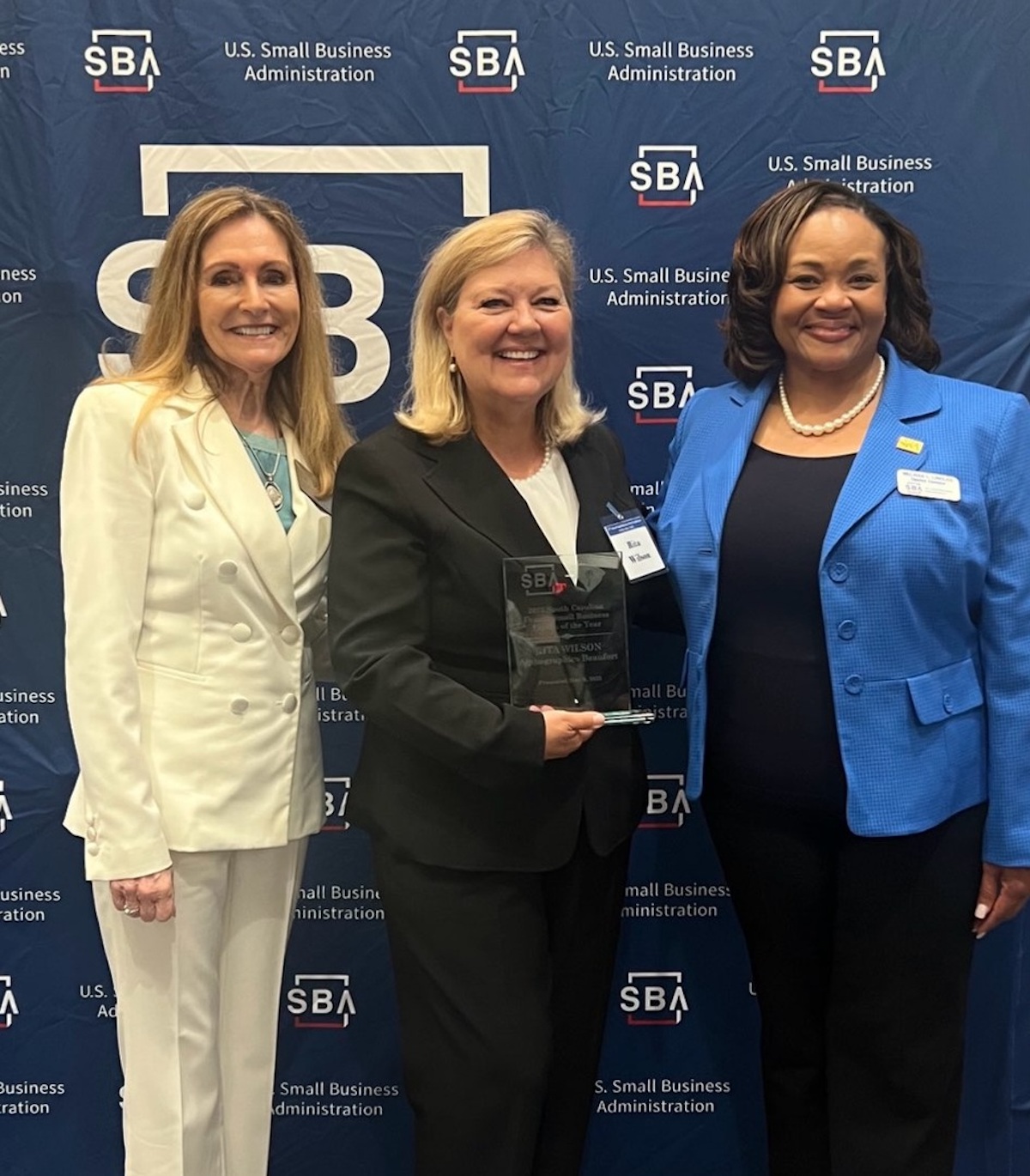Presented by Hampton Long
Make a budget, and stick with it. Max out all of your retirement accounts at work and invest any surplus. Pay off high-interest credit cards and start saving for your first home. If you are like me, you are among millions of Americans who have benefitted from sage financial advice from parents at a young age. In many cases, these, and other nuggets of parental wisdom, have been instrumental in placing us on a smart and promising financial trajectory as we navigate our careers and raise our own families. Fast forward to today, and most of us are not only grateful to our parents for this early guidance but would leap at the opportunity to return the favor if there were ever a chance. As it turns out, that possibility does exist.
One of the best things you can do to ensure your parents’ financial security as they age is to have a conversation now, before a change in their situation necessitates your involvement. These are rarely easy conversations, but talking ahead of time can build trust, protect your parents, and leave you better prepared to understand their needs, and importantly their wishes.
With that in mind, here are five tips to help you to address your parents’ finances.
1. Ask about their financial security
A lot of people don’t like to talk about money, but if you come from a position of concern, they may feel more comfortable. You might start by asking how they are handling everyday expenses, and whether they have enough income to cover essentials. Another way in might be to ask if they have a financial advisor, and if they do, ask if you might be introduced.
2. Ask about estate planning
Raising the subject of their estate planning may open the door for a broader conversation. Your parents might already have a will, but what about health care directives and powers of attorney? You might also ask whether important documents are accessible. In case of an emergency, you or another trusted person will need to be able to locate important documents such as financial statements, insurance policies, trust paperwork, and wills.
3. Discuss future living arrangements
Some people want to live in their homes as long as they can, while others are open to a retirement community that provides some support should their health decline. Ask your parents if they’ve thought about what they might do in the event they need ongoing help. Position it as just an exploration of future possibilities and not a recommendation.
4. Plan ahead for long-term care
Not everyone will need assisted living or nursing care, but for those who do, it can be a large, unanticipated expense. If your parents already have long-term care insurance, understand what it will cover. While future care can be an emotional flashpoint, it’s also an important financial consideration because all involved—including you—need to weigh how much they can afford.
5. Be on the alert for abuse
Seniors lose billions of dollars to financial abuse and fraud each year. While senior investor protection laws are in place in many states and more are in the works, everyone needs to be mindful of potential scams. Be sure to discuss this topic with your parents sooner rather than later.
Ultimately, when it comes to addressing financial security for aging parents, it is all about openness and honesty. While the burden often falls on the kids to get the conversation going, we encourage any older adults who are reading this article to initiate these discussions themselves. The more mutual understanding there is about both emotional and financial matters, the more you will all be able to enjoy the years to come.
Finally, this topic becomes all the more important living in an area like greater Beaufort County, which is blessed with not only so many retirees, but increasingly younger generations moving in to be closer to their retired parents while also pursuing their careers. This provides an especially unique opportunity to not only be there for emotional and physical support as parents age but for financial guidance as well.
Hampton Long is a Financial Consultant at Charles Schwab with over 12 years of experience helping clients achieve their financial goals. Some content provided here has been compiled from previously published articles authored by various parties at Schwab.
(0422-2599)
Template: 0221-1FWT








